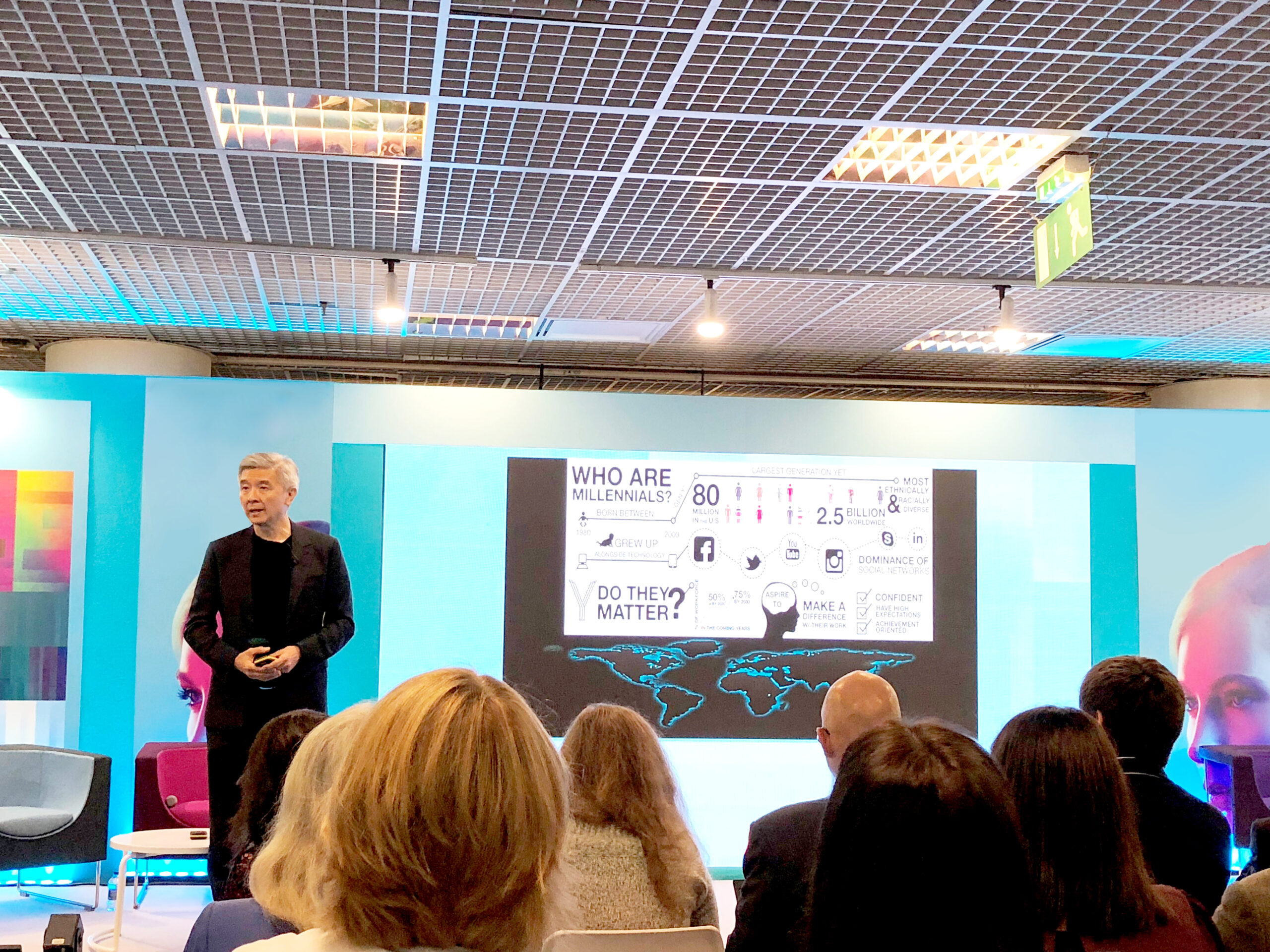
Physical retail isn’t going away! The future of retail will be driven by a convergence between brick-and-mortar and digital, observed Wilson Tan, CEO of CapitaLand Retail – one of Asia’s leading mall operators.
He cited an example, “I went shopping at Alibaba’s supermarket brand Hema. After buying some lovely shellfish, I walked over to the counter and tried to pay using my credit card. I realised that they accept payment via their online payment solution, AliPay. Alternatively, I had to become a member. I wasn’t keen on either option, so the store staff suggested I use the next customer’s membership and pay the person visa card or cash. At that moment, they tried to convert a digital dinosaur to a digital native.”
“I realised physical retail isn’t going away,” he emphasised. “That’s why Alibaba is investing in the physical space, smartly converging digital into it.”
“Two paradigm shifts are happening in the industry, driven by technology and the millennials – who will form the core and base of humankind for the next three decades. This group of consumers came not on a diet of milk and powder but a digital diet. They are truly digital natives. In Europe, around 20% of the population belongs to this group. By 2020, around 60% of the Asian population will belong to the millennial category. Millennials will be the widest workforce in the US by 2020. It is a group of people that values peer-to-peer conversation, while also spending a significant amount of time on digital equipment,” Tan stated.
“Technology, on the other hand, is ubiquitous, pervasive and upon us. The technological singularity is crucial and will impact the way we live. And technology has two fundamental impacts in the area of retail – enhance productivity and bridge the gap between the physical and virtual spaces. Technology will facilitate the virtual space to interact with not only the shopping malls but also consumers. This transformation will bring traffic into the brick-and-mortar space, leveraging new businesses and opportunities. Think Google, Facebook and Instagram and you will realise that we can reach tribes that we never touched before,” he added.
Today’s marketplaces are no longer only for transactions, Tan observed. “We are looking to get information from these marketplaces and close the loop with transactions. This transformation started 2010 onwards, which led to what we call ‘omnichannel’ – leading to the seamless merging of online and offline. Gone are the days of online versus offline.”
The challenge is many businesses in the physical space are not making a deliberate attempt to leverage the power of online, he lamented. “Whereas, studies prove that many online pure players can make a better transition to offline. The challenge on the part of pure play offline players stems from legacy. They attempt to map digital technology to their existing space, which is something that online players don’t have to do.”

Alibaba undertook the physical transformation of their business, he cited. “They recognised that in China alone they could reach only 16-17% of the overall consumer base via their online channel. China has one of the largest and engaged e-commerce space, and Alibaba could only reach 17%, the remaining 83% was untouched. In 2016, Alibaba decided to create a new retail format to reach the physical space with two brands – Hema and Home Times. Hema started with a couple of supermarkets, which has surpassed 100 now, while furniture concept Home Times that started a year ago is growing rapidly.”
Within 24 hours on Single’s Day this year Alibaba’s sales were worth $30.8 billion, up from last year’s $25.3 billion. Last year, Black Friday and Cyber Monday in the US together clocked slightly over $10.6 billion of business. China clocked that figure thrice in 24 hours. “That’s because the channels interacted with each other,” Tan stressed.
“According to a Harvard study, the conversion rate of someone shopping in a physical store is between 20-and-40%, while that of website or mobile app is only 4%. Thus, staying in the physical space becomes more and more important. Almost 90% of beauty brand Sephora’s business is skewed offline and 10% online. PricewaterhouseCoopers talks about the use of channels to generate sales, wherein the store plays a pivotal role in customer engagement, while people visit websites to get more information. Worldwide, the number of people walking into a store to purchase on a weekly basis has consistently remained at 40%. At the same time, digital is also being widely leveraged,” Tan concluded.
You must be logged in to post a comment.